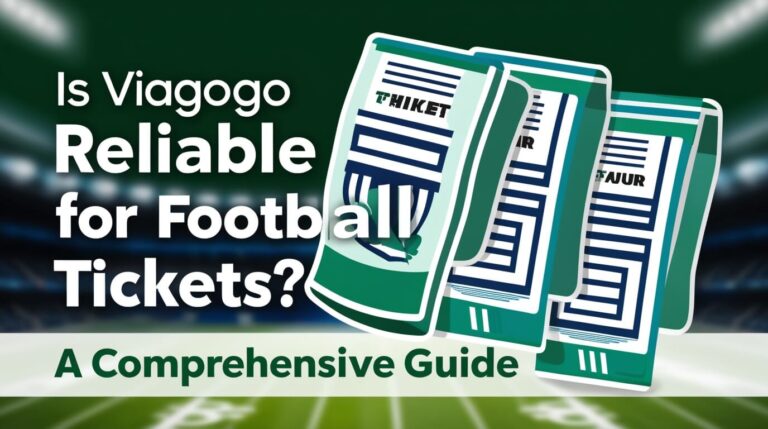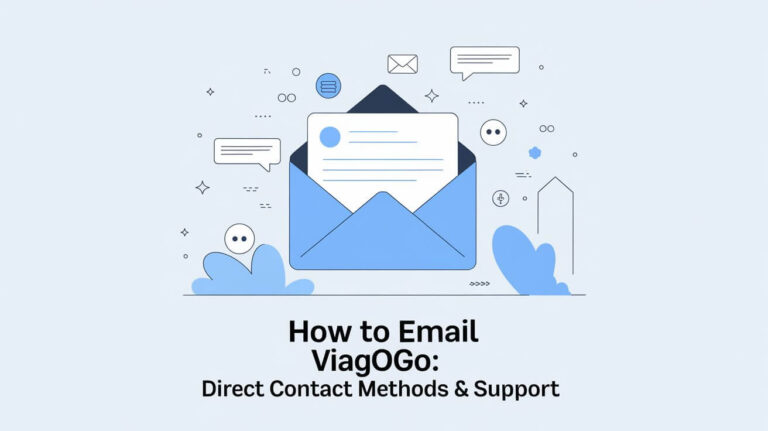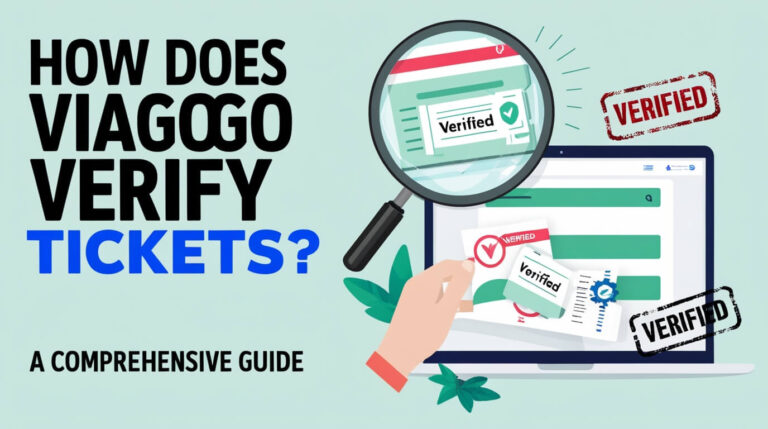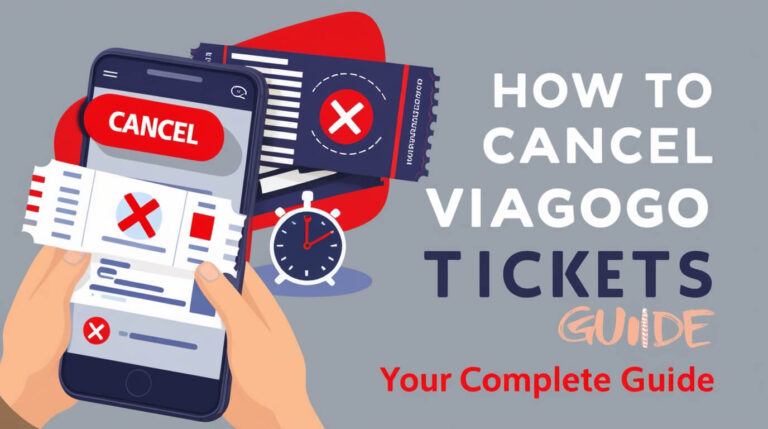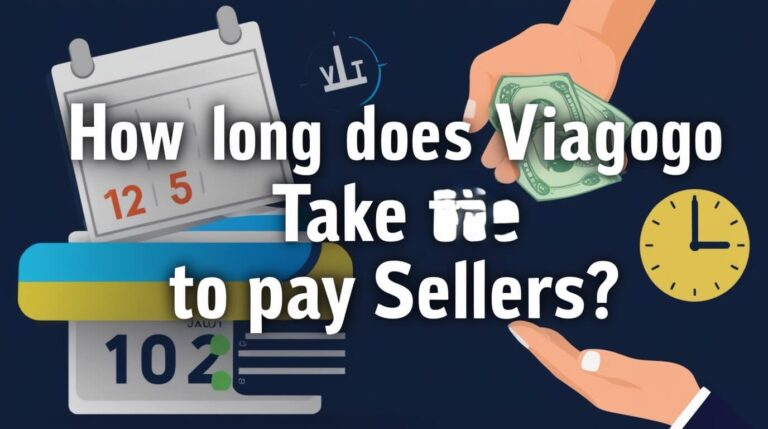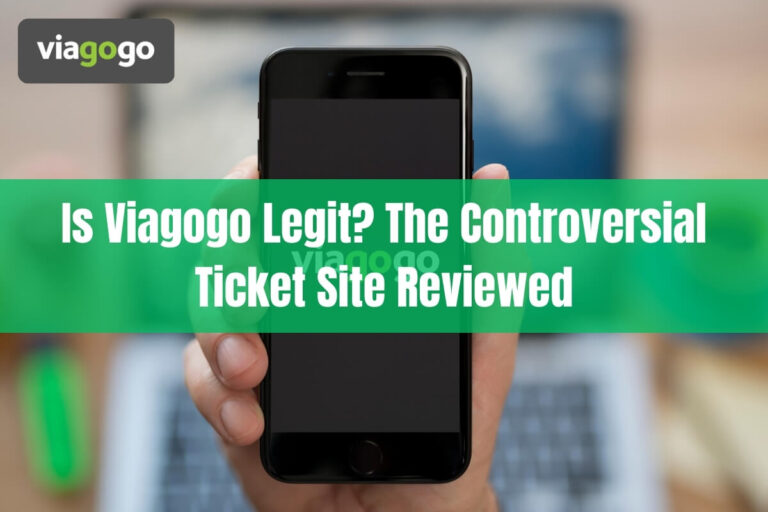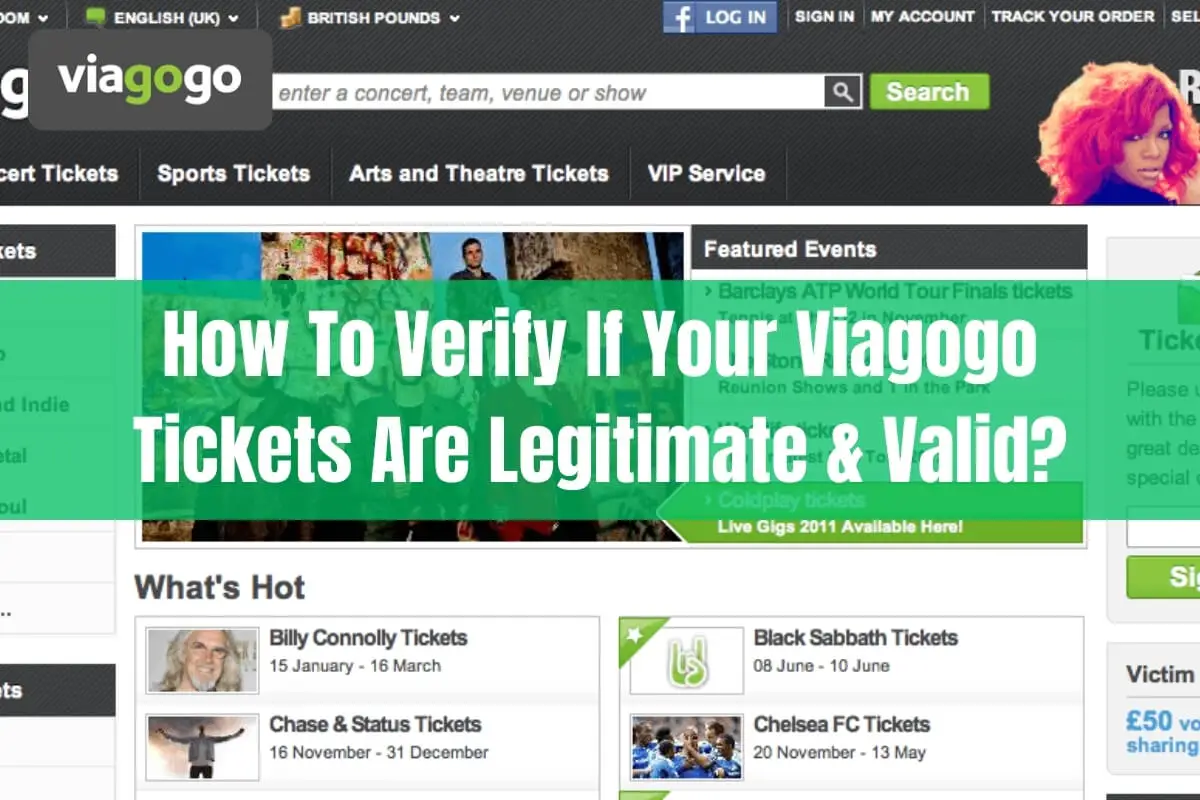
Buying tickets from Viagogo but worried they might be fake or invalid? Read this guide to learn how to check if Viagogo tickets are valid so you can enter events with peace of mind.
Viagogo is an online ticket marketplace where people can buy and sell tickets to concerts, sports games, and other events. But when purchasing tickets through third-party sellers, there’s always a risk of getting scammed with invalid or fraudulent tickets.
Fortunately, there are steps you can take to verify your Viagogo tickets and ensure they will get you into the event. This comprehensive guide will cover:
What is Viagogo and What Are the Risks?
Viagogo is a ticket exchange platform that allows users to resell event tickets, similar to sites like StubHub. Sellers list tickets for sale, and buyers can purchase them through Viagogo.
The risk when buying tickets on Viagogo or other secondary marketplaces is that you don’t know if the tickets are legitimate. Some sellers may attempt to sell fake or duplicated tickets.
While Viagogo does have buyer protections in place, such as refunds for invalid tickets, it’s still important to take steps to verify ticket validity beforehand.
Look for Warning Signs When Buying Tickets
When searching for tickets on Viagogo, keep an eye out for the following red flags that could indicate a fraudulent listing:
- Prices that seem too good to be true – incredibly low prices can be a sign of fake tickets. Similarly, massively inflated prices are suspicious.
- Limited seller information – lack of reviews, transaction history, or details on how the seller acquired the tickets.
- Last-minute listings – tickets posted right before an event are riskier, especially for high-demand events.
- Requests for unusual payment – reluctance to use Viagogo’s standard payment methods is sketchy.
Use your best judgment when evaluating listings. If you feel uncertain, it may be safer to find tickets elsewhere.
Verify the Event Details Match Official Sources
Before you buy, verify that the event details on Viagogo’s listing match official sources, like:
- The venue’s website
- The performer/team’s website
- Authorized ticket sellers
Check that the date, time, location, and other specifics line up. If there are discrepancies, the listing could be for a fake event.
Research the Seller Thoroughly
Take some time to scrutinize the seller’s Viagogo profile. Things to look for:
- Transaction history – sellers with many completed sales are less risky.
- Reviews – look for positive feedback indicating they provide valid tickets.
- Listing details – does the seller specify how they obtained the tickets and are they willing to provide additional ticket details if asked?
Reputable sellers will often be transparent in providing information to prospective buyers.
Inspect the Ticket Barcodes and Details
When communicating with the seller, ask for any ticket details they can provide, such as:
- Barcodes or serial numbers – these can sometimes be validated with the venue.
- Seat numbers
- Section/row
- Ticket source or purchase verification – such as a confirmation email or receipt from the original point of purchase.
Having these ticket specifics adds an extra layer of legitimacy and security to the purchase.
Understand Viagogo’s Guarantees and Policies
Viagogo does offer some buyer protections in case you receive invalid or fraudulent tickets:
- Refunds – if your tickets don’t work, you may be eligible for a refund after going through Viagogo’s claim process.
- Replacement tickets – in some cases Viagogo will attempt to get you equivalent replacement tickets if your original ones are no good.
Review Viagogo’s full terms, conditions, and guarantee policies so you know your rights as a buyer if issues arise.
Contact Viagogo Customer Service With Any Issues
If you have any doubts or run into problems with tickets purchased on Viagogo, reach out to their customer service team immediately.
Describe the full situation and provide relevant documentation. They may be able to assist with:
- Validating questionable tickets
- Helping process refunds or replacements
- Investigating fraudulent sellers
- Answering questions about policies
The sooner you contact them, the better your chances of a resolution.
Get Refunds or Replacement Tickets if You Have Issues
If you find yourself in possession of fake or non-working Viagogo tickets, take action right away:
- Contact Viagogo – report the issue and request a refund or replacements. Provide all relevant proof.
- Dispute charges – if you paid by credit card, contest the charges.
- Leave reviews – warn others about the bad seller on Viagogo’s platform.
- Report fraud – file complaints with consumer protection agencies in your jurisdiction.
Follow Viagogo’s required claims process and escalate your case until you get a satisfactory outcome. Don’t hesitate to stand up for yourself as a buyer.
Protect Yourself When Reselling Tickets on Viagogo
If you’re looking to sell tickets through Viagogo, be aware buyers could potentially scam you by falsely claiming your legitimate tickets didn’t work. Some tips:
- Provide detailed ticket information in listings
- Only use Viagogo’s recommended delivery methods with tracking
- Keep documentation of all communications and delivery confirmation
- Follow up with Viagogo if the buyer makes unsubstantiated claims
While sellers do have protections, it’s wise to take precautions when reselling tickets online.
Is Using Viagogo Too Risky? Consider the Alternatives
Due to the prevalence of ticket scams, some avoid Viagogo and only use official sources. But for hot events, official tickets often sell out immediately.
Viagogo allows you to access tickets you otherwise couldn’t get. While there are risks, you can take steps to detect and avoid fake tickets. Familiarize yourself with Viagogo’s policies and buyer guarantees as well.
Always weigh the alternatives before making a decision. Officially sourced tickets provide the greatest security, but may come at the cost of accessibility and affordability.
Conclusion
Buying tickets on Viagogo doesn’t have to be a gamble if you do your due diligence as a buyer. vet sellers thoroughly, confirm event details, inspect ticket information, leverage buyer protections, and act quickly if issues arise. While risks exist when using secondary ticket marketplaces, you can take proactive measures to ensure your Viagogo tickets are valid and verify their legitimacy. With awareness and caution, you can secure tickets to your desired events and have peace of mind that you’ll get in the door.

